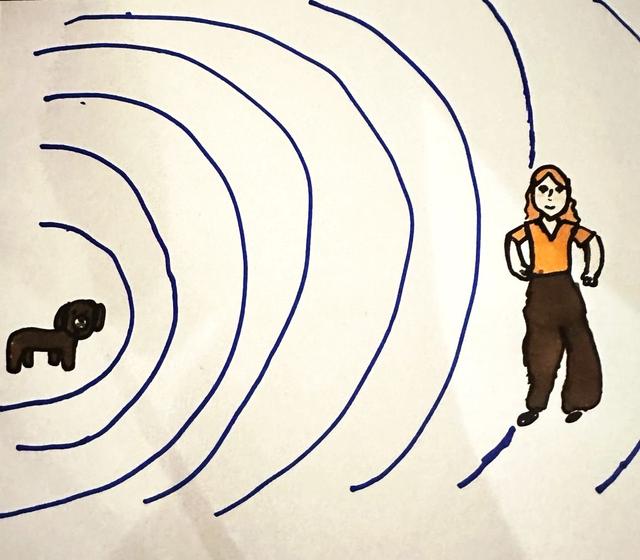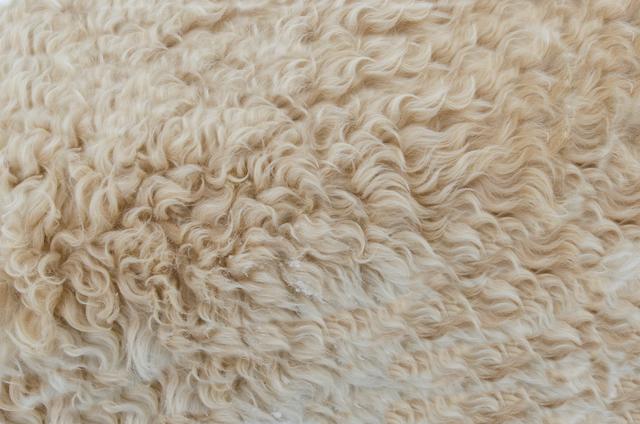Sound insulation
I can investigate which materials are good sound insulators and describe how these are used in everyday life.
Sound insulation
I can investigate which materials are good sound insulators and describe how these are used in everyday life.
These resources will be removed by end of Summer Term 2025.
Lesson details
Key learning points
- Some materials do not allow sound to pass through them easily. They are better at absorbing sound.
- Materials that are better at absorbing sound waves are called sound insulators.
- Scientists carry out investigations to find out which materials are good sound insulators.
- Sound insulators are often soft materials with empty spaces in them, so sound does not pass through them easily.
- Scientists and engineers use their knowledge of sound to design rooms and buildings to reduce the volume of sound.
Keywords
Sound - We hear sound with our ears.
Materials - Materials are the things that objects are made from such as wood, metal or plastic.
Absorb - Absorb means to soak up or take in.
Sound insulator - A sound insulator does not allow sound to pass through it easily.
Volume - The volume of a sound is how loud or quiet the sound is.
Common misconception
Children may think that sound travels through all solid materials in the same way.
The investigation in this lesson allows children to find out for themselves, first-hand, that sound does not travel through all solid materials in the same way and that some materials are better sound insulators than others.
To help you plan your year 4 science lesson on: Sound insulation, download all teaching resources for free and adapt to suit your pupils' needs...
To help you plan your year 4 science lesson on: Sound insulation, download all teaching resources for free and adapt to suit your pupils' needs.
The starter quiz will activate and check your pupils' prior knowledge, with versions available both with and without answers in PDF format.
We use learning cycles to break down learning into key concepts or ideas linked to the learning outcome. Each learning cycle features explanations with checks for understanding and practice tasks with feedback. All of this is found in our slide decks, ready for you to download and edit. The practice tasks are also available as printable worksheets and some lessons have additional materials with extra material you might need for teaching the lesson.
The assessment exit quiz will test your pupils' understanding of the key learning points.
Our video is a tool for planning, showing how other teachers might teach the lesson, offering helpful tips, modelled explanations and inspiration for your own delivery in the classroom. Plus, you can set it as homework or revision for pupils and keep their learning on track by sharing an online pupil version of this lesson.
Explore more key stage 2 science lessons from the Introduction to sound unit, dive into the full secondary science curriculum, or learn more about lesson planning.

Equipment
See additional materials for further guidance.
Content guidance
- Risk assessment required - equipment
- Exploration of objects
Supervision
Adult supervision required
Licence
Starter quiz
6 Questions




Exit quiz
6 Questions





